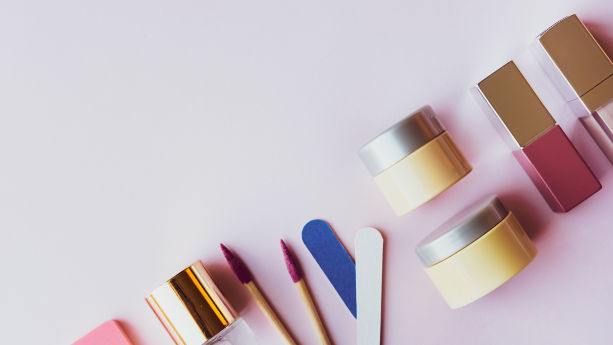
Selling cosmetic and beauty products on Amazon requires that you ensure compliance with applicable compliance requirements. These cover chemicals and heavy metals, ingredients, labeling, testing, documentation, and claims.
Notice that this guide only covers requirements relevant to selling cosmetic and beauty products on Amazon in the United States.
If you intend to sell cosmetic products in the EU or UK, then you need to ensure compliance with the regulations in these jurisdictions instead. However, this guide can still be helpful for understanding what Amazon requires from cosmetics sellers, regardless of which marketplace you sell through.
Methodology: We used information from Amazon US Seller Central guidance pages. We also link to some of these pages throughout this guide.
Content Overview

FREE CONSULTATION CALL (30 MIN)
 Ask questions about compliance requirements
Ask questions about compliance requirements Countries/markets:
Countries/markets:
 Learn how we can help your business
Learn how we can help your business
You will speak with:Ivan Malloci or John Vinod Khiatani
Product examples
Amazon’s Seller Central guidance page for cosmetics clarifies requirements for such products, including hair care and skincare products. Here are some examples:
- Shampoo
- Perfumes
- Toothpaste
- Deodorants
- Skin creams
- Makeup for the eyes and face
Keep in mind that Amazon’s requirements generally reflect the regulatory requirements in the United States that apply to cosmetics – such as the Food, Drug, and Cosmetic Act (FDCA).
Learn more: Link
Ingredient requirements
The Amazon Seller Central states that cosmetics must:
- Be safe for use
- Not be identified by the FDA for recall purposes
- Not need a medical prescription before their usage
- Not contain prohibited ingredients (e.g. bithionol and chloroform)
Amazon also explains that, as per FDA requirements, cosmetic ingredients must not comprise substances that present an “unreasonable risk of injury” or possibly even illness. This includes the following substances:
- Microbeads
- Methylene glycol in hair smoothing products
- Kohl, Kajal, Al-Kahal, or Surma in eye makeup
- Mercury in skin creams
In addition, cosmetics must also adhere to Amazon policies. For instance, cosmetics must not contain:
- Toxic air contaminants in hairsprays, deodorants, and antiperspirants
- Over 12% hydrogen peroxide
- Over 16 ounces of acetone in nail polish remover
- Ingredients made from dolphins, porpoises, sharks, and whales
Labeling requirements
Amazon specifies labeling requirements for cosmetic products. You should provide the following information on cosmetic labels and detail pages:
- Product name
- Product purpose (e.g. skin moisturizer)
- Product content amount (e.g. 20 oz)
- List of ingredients
- Manufacturer’s name and address
- Relevant warnings
Additionally, Amazon forbids cosmetics sellers from doing the following:
a. Providing a statement of cure or prevention, unless the product is properly labeled as a drug and a cosmetic and the statement is FDA-approved.
b. Providing an “FDA-approved” statement on the cosmetic if the product is not, in fact, FDA-approved.
c. Using the FDA logo
d. Using the terms “tester”, “not for retail sale”, or “not intended for resale”
The Seller Central page also links to the FDA website regarding their specific labeling requirements.
Prohibited product claims
On its guidance page on “Prohibited product claims”, Amazon specifies which product claims are forbidden, some of which are relevant to cosmetics.
Specifically, Amazon does not allow you to sell, without FDA’s approval, products that suggest or claim they can treat, provide a cure for, or even alleviate diseases in humans or animals.
Amazon also indicates that you cannot make environmental claims – unless those claims are compliant with the requirement set by 16 CFR Part 260 – Guides for the Use of Environmental Marketing Claims.
Packaging requirements
Amazon requires cosmetic products to:
a. Remain sealed in the original packaging
b. Be new and not used
c. Carry identifying codes (e.g. serial numbers) put on the packaging by the manufacturer
State regulations
Amazon reminds sellers that their cosmetic products must also comply with relevant state and local laws and regulations where they sell and ship their products.
The guide page for cosmetic products specifically mentions Washington’s Chapter 70A.525 on labeling standards regarding disposable wipes products.
Amazon indicates that the state of Washington will start banning the sale of disposable pre-moistened wipes that do not carry the “Do Not Flush” symbol on the packaging’s display panel.
Dangerous goods
Amazon has specific requirements for dangerous goods. For instance, you must provide documentation or information such as:
- A safety data sheet (SDS)
- An exemption sheet (if relevant)
- Test reports
- UN number
- Product weight or volume
- GHS pictograms
Products that Amazon considers examples dangerous goods include:
- Essential oils
- Aftershave treatments
- Cleaning cartridges for electric shavers
- Hairspray
- Nail polish
- Spray deodorants
Prohibited products
Amazon prohibits sellers from listing specific cosmetic products on its platform. Here are some examples:
- Cosmetic contact lenses
- Chloroform
- Vinyl chloride in aerosol products
- Halogenated salicylanilides
- Trichloroacetic acid
Lab testing
The only way for you to ensure your product complies with the relevant laws, regulations, and requirements (including Amazon’s mandates) is to have your product undergo testing. This way, you can be sure that your product, for instance:
- Is safe for use
- Does not contain prohibited substances or chemicals
- Does not contain certain substances that exceed allowable levels
During our research, we were not able to find specific testing information regarding cosmetics on Amazon Seller Central.
Here are a few examples of tests that are relevant to cosmetic products:
- Toxicological testing
- Stability testing
- Microbiological testing
European Union
If you sell cosmetics on Amazon in the European Union, you must ensure that those products comply with the Cosmetic Products Regulation. The requirements include:
- Substance restrictions
- Safety assessment
- Notifications to the cosmetic products notification portal (CPNP)
- Labeling of packaging and containers
- Documentation (e.g. Cosmetic product safety report)
Note that there are also other regulations relevant to cosmetics, such as the following:
- REACH regulation
- CLP Regulation
- General Product Safety Regulation (GPSR)
- Aerosol Dispenser Directive
United Kingdom
Regulation (EC) No 1223/2009 on Cosmetic Products is originally an EU regulation, but it also applies in the UK. As such, if you sell cosmetic products in the UK, you must ensure that your products comply with its requirements. For instance, you must ensure that:
- Your product undergoes a safety assessment
- You maintain a product information file
- You perform product sampling and analysis
- Your product complies with notification requirements
- Your product is labeled correctly
Besides Regulation (EC) No 1223/2009, there exists also other UK regulations that cover cosmetic products. This includes the UK REACH Regulation, and the General Product Safety Regulation.

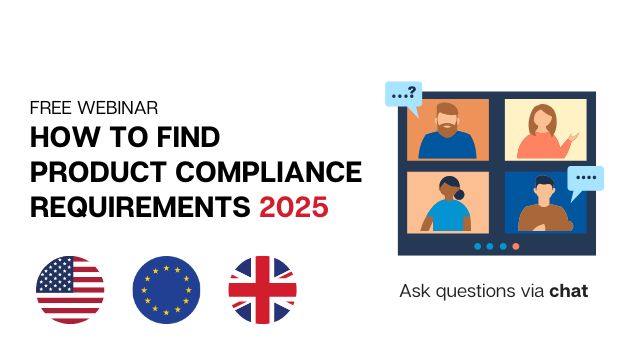
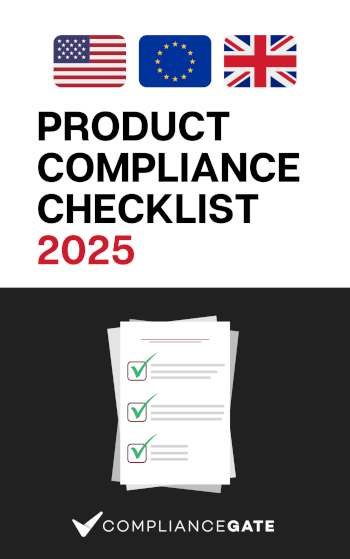




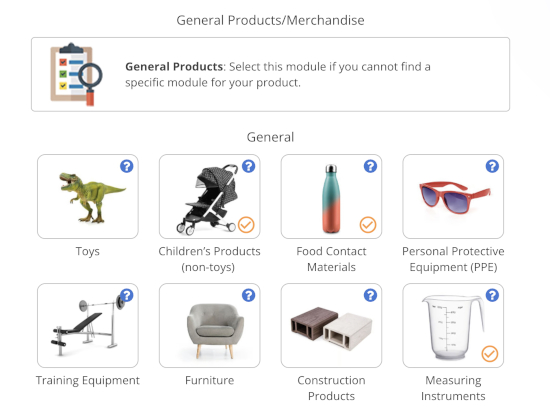






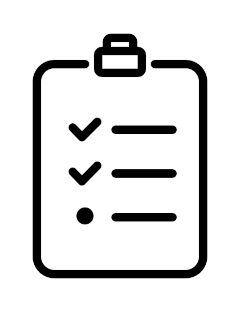


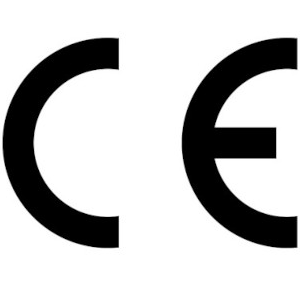




.png)
.png)
.png)
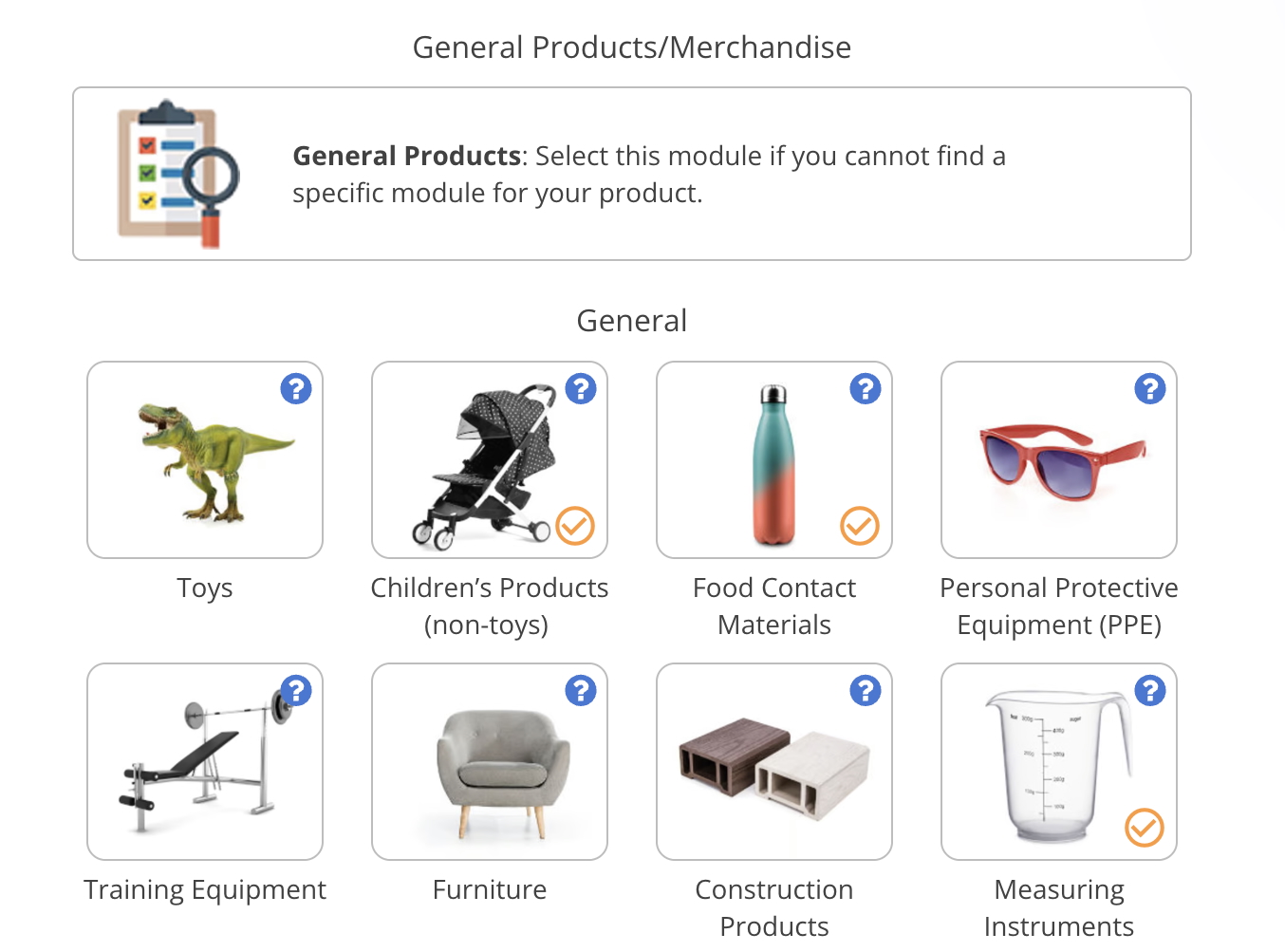


Hi, I have found that cosmetics sellers are not providing ingredient lists ( August 2024). Amazon should do something about this, right? Thank you
As a Amazon seller I’d like to share some valuable information that is not listed in this article. When you sell on amazon FBA, any returned products you offer (and yes there will be some) will be inspected by a Amazon warehouse person. They do not do a good job of determining if your product is safe to resell. Instead they simply check for visible damage then most of the time place the item back into inventory. Unless you go to extremes to add security seals, or stickers that say do not restock returns. You will find yourself with negative or 1 star reviews from customers receiving half full and used products. Unfortunately there is no way to stop amazon from doing this. having all these FDA, SDS stuff is important, but if you don’t protect the customer from Amazon poor detection you will find yourself in a world of hurt from bad reviews. hope this helps
Hello Chuiyan,
I read your overview. Here is the important information for Amazon Sellers. I also have an online cosmetic business. Can you tell me the barriers of online cosmetic business?
Hi Danhani,
What sort of barriers are you referring to?
Amazon FBA supplier available for you?
Amazing information shared by you. Thanks for sharing with us.